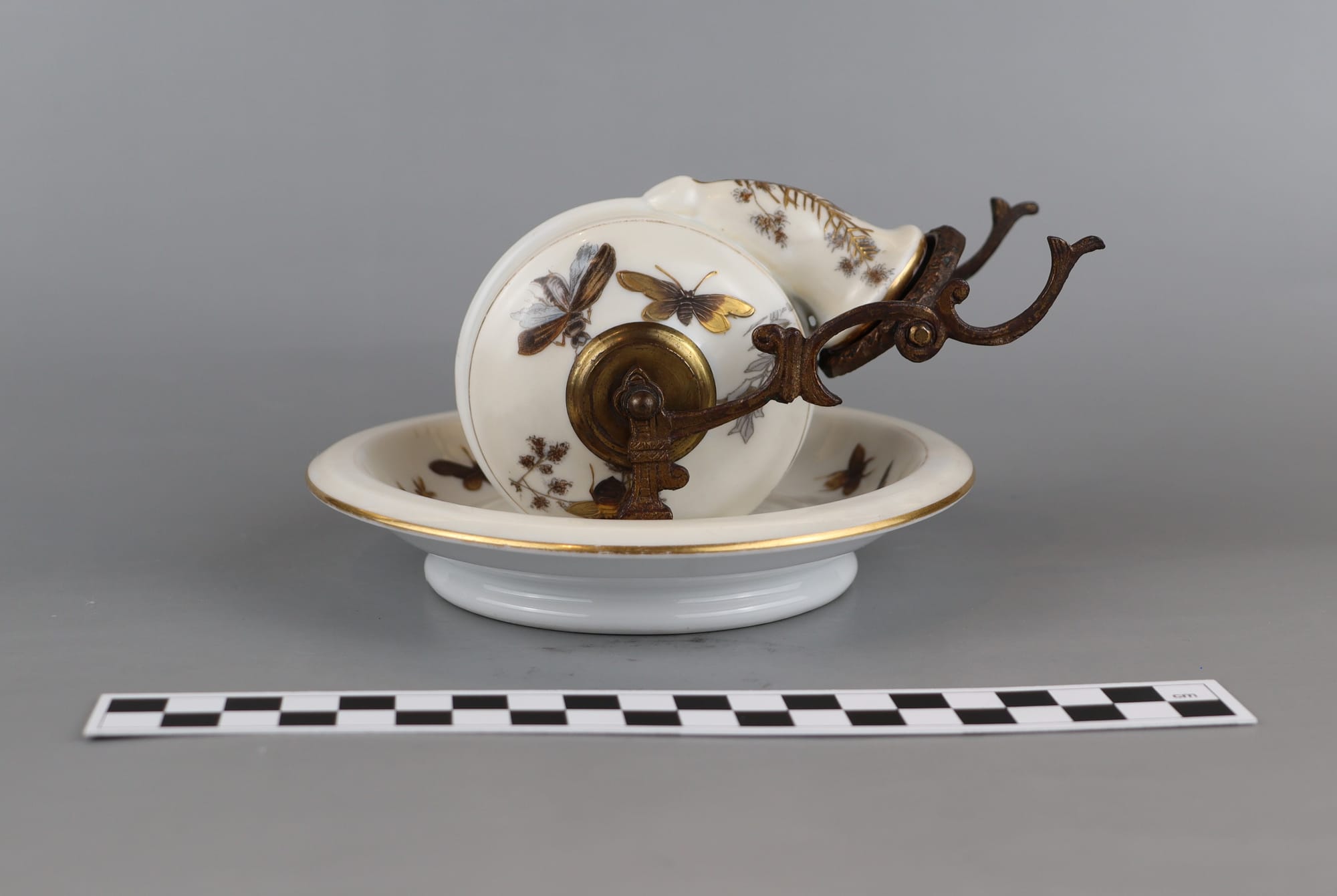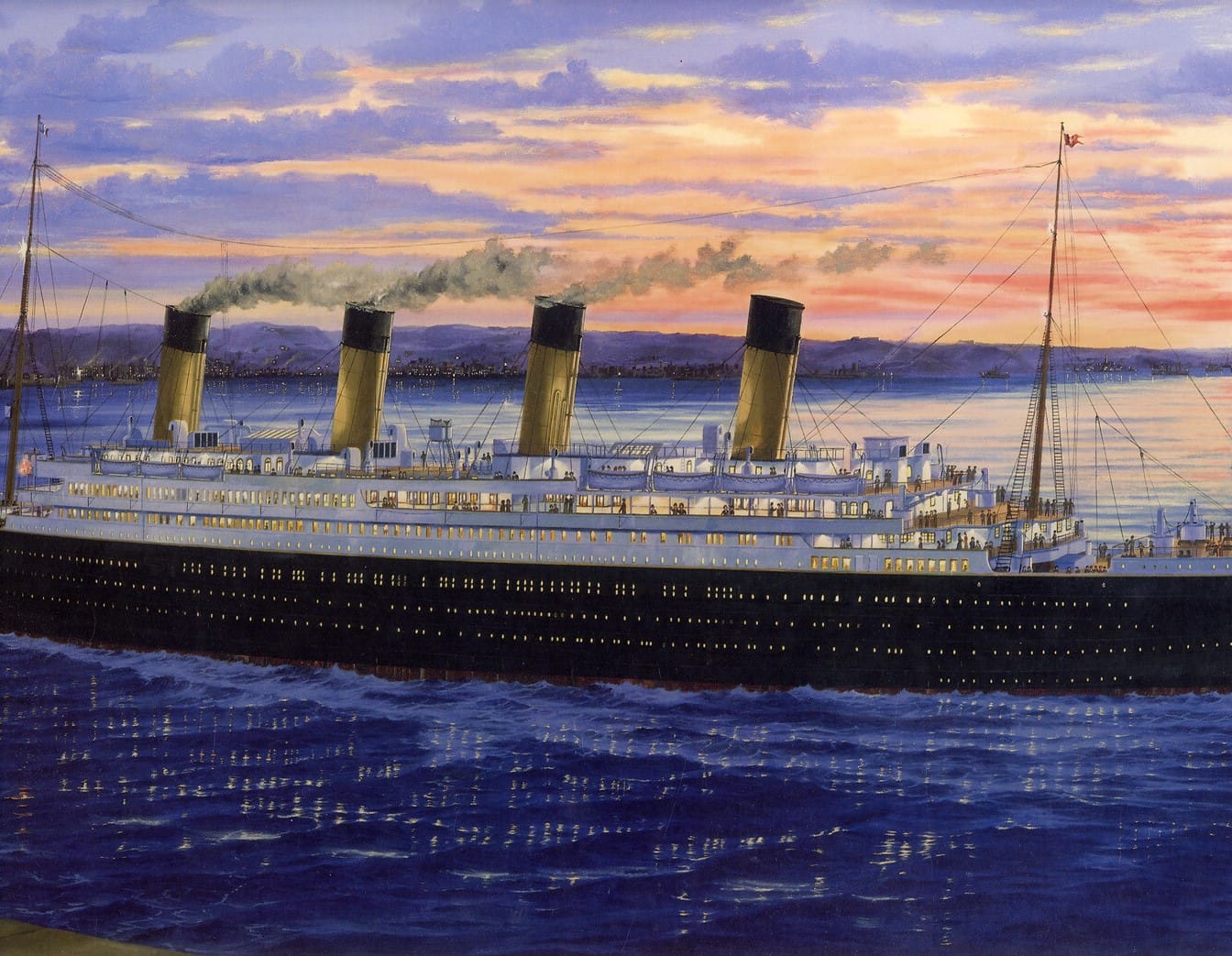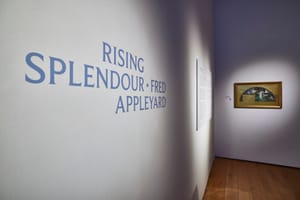Hampshire Cultural Trust has received funding from National Lottery Heritage Fund to help reimagine the Allen Gallery and its nationally significant ceramic. As part of this project, we are researching and discovering the collections’ untold stories.
This month's article focuses on an ink well produced by Czech ceramics manufacturer, Fischer & Meig.

The manufacture of fine porcelain and ceramics at Pirkenhammer, Bohemia, now known as Karlovy Vary, Czechia, began in 1803 and continues to the present day. Though predominantly known for their sets of elaborately decorated tableware or intricately adorned cobalt blue and gold vases, our ink well is a much simpler piece from this manufacturer.
The ink well is a unique piece from our collection and is currently on display at the Allen Gallery in Alton, with its obvious inspiration being the shell of a snail. The tasteful butterfly motif and understated but eye-ctatching white and gold palette let the shape speak for itself. Though likely impractical as a usable ink well, it serves as a testament to form over function.
As one of the oldest porcelain manufacturers in the Czech region, ceramics produced by Fischer & Meig at Pirkenhammer were renowned for the quality of their production and the attention to detail in design. In 1839 they received recognition with a gold medal at the Vienna Fair. Through the 19th and early 20th centuries, they were a major force in European ceramics production, which is said to have culminated with the company producing the dinner sets for the RMS Titanic on a commission from Cunard. Although the company says that this did occur, no ceramics with a Pirkenhammer maker's mark have actually been recovered from the Titanic.

For more information about our Rediscovering the Allen Gallery project, click here.





